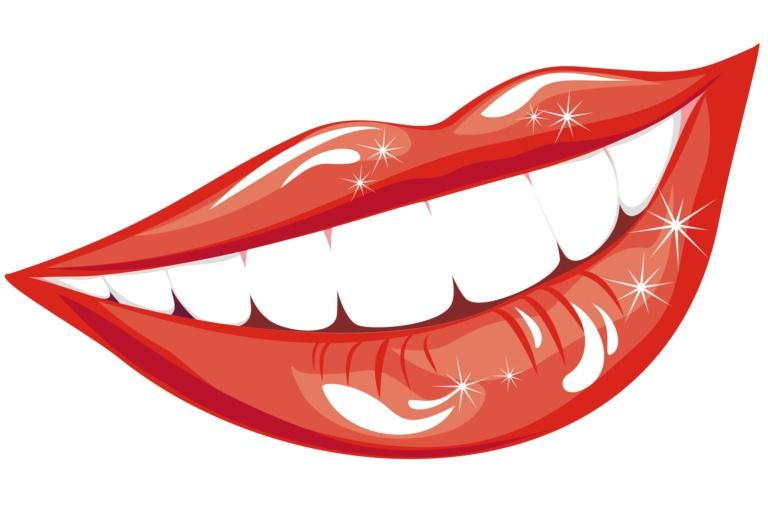
Have you ever woken up after not brushing your teeth the previous night, after indulging in a whole plate of cheese fries, washed down by a two-liter of your favorite soda? If you have, then you know what the term “having sweaters on your teeth” means. This fuzzy aftermath is actually harmful bacteria, which has now set up camp in your mouth, and there are no health benefits from this to your oral health. In fact, this effect is absolutely not good for your teeth.
Part of having good-oral hygiene includes constant-daily care and diligence when it comes to your routine. Part of that routine should unquestionably include professional cleanings. If anyone can rid you of your “sweater” problem gone too long, it is someone in the professional dental field. This is where we come in…
Understanding why teeth cleanings are necessary
We need teeth cleanings for two reasons:
- To stop decay and prevent tooth loss
- To prevent periodontal disease
The mouth takes a good beating every day, from chewing, drinking, and talking, the mouth is constantly at work. This particular environment requires extra-special care. Your body will treat gum disease as though it were an infection, such as the flu. Tartar buildup will cause the gums to become inflamed and cause your immune system to respond to the threat. There is a constant war going on in our mouths, and just like any war, there are innocent bystanders that are affected. If gum disease is left unchecked and progresses, so does the destruction to your jaw bone and the soft tissue in your mouth.
How often should you visit our office to get your teeth cleaned?
The American Dental Association recommends that you have dental visits at least once a year, this includes exams and cleanings. However, if you have a history of gum disease, you should get routine cleaning more often. You should have your teeth examined and cleaned much more often if you suffer from other chronic conditions, such as heart disease, diabetes, or pancreatic cancer.
The same goes for those who smoke. First, we recommend quitting, for the obvious health risks that go hand-in-hand with this habit, but your oral health is one of the major concerns. Besides the unattractive-permanent stains that smoking causes on your teeth, the risk for oral cancer is amplified. If you smoke, regular dental visits should be a priority for your health.
Do your gums bleed?
This is never a good thing. Whether it happens when you brush, floss, or even during professional cleanings, bleeding gums are a sign of periodontal disease, more commonly known as gum disease. When harmful bacteria build up between your teeth and around your gums, your gums become inflamed, which is a red flag (literally) in the gum disease department.
Periodontal disease and the connections to other diseases within the body
Studies have shown a connection between periodontal disease and other diseases in the mouth, such as diabetes, heart disease, dementia, stroke, and breast cancer. This goes back to why the ADA recommends more frequent visits if you suffer from any of these chronic diseases.
When bacteria are left unchecked, infection can find its way into your bloodstream and travel through the body, causing other organs to be affected by the infection. Don’t allow your poor oral health turn something like “sweaters on your teeth” into something bigger, much worse, and potentially life threatening.
If you have any questions on the whys and when you should have your teeth professionally cleaned, contact our office and our highly trained staff will be ready to answer them.
